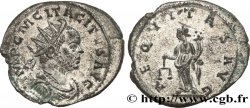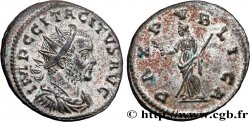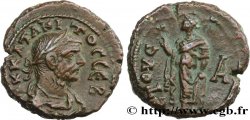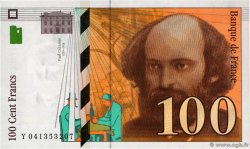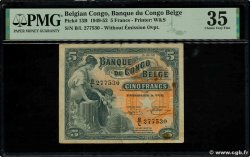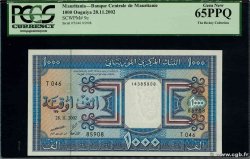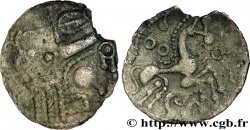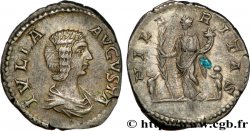E-auction 174-108201 - brm_257547 - TACITUS Aurelianus
You must signin and be an approved bidder to bid, LOGIN TO BID. Accounts are subject to approval and the approval process takes place within 48 hours. Do not wait until the day a sale closes to register. Clicking on « bid » constitutes acceptance of the terms of use of cgb.fr private e-auctions.
Bids must be placed in whole Euro amounts only. The sale will start closing at the time stated on the item description; any bids received at the site after the closing time will not be executed. Transmission times may vary and bids could be rejected if you wait until the last second. For further information ckeck the E-auctions F.A.Q.
NO BUYER'S FEE.
NO BUYER'S FEE.
| Estimate : | 145 € |
| Price : | 98 € |
| Maximum bid : | 112 € |
| End of the sale : | 15 August 2016 14:30:30 |
| bidders : | 7 bidders |
Type : Aurelianus
Date: début - juin
Date: 276
Mint name / Town : Ticinum
Metal : billon
Diameter : 22,5 mm
Orientation dies : 6 h.
Weight : 4,21 g.
Officine: 1re
Coments on the condition:
Exemplaire de qualité exceptionnelle sur un flan large, parfaitement centré des deux côtés avec les grènetis complets. Portrait magnifique. Très joli revers de style fin. Magnifique patine grise avec des reflets métalliques mordorés. Conserve l’intégralité de son brillant de frappe et son coupant d’origine
Catalogue references :
Obverse
Obverse legend : IMP C M CL TACITVS AVG.
Obverse description : Buste radié et cuirassé de Tacite à droite avec l’égide sur l’épaule, vu de trois quarts en avant (B02).
Obverse translation : “Imperator Cæsar Marcus Claudius Tacitus Augustus”, (L’empereur césar Marc Claude Tacite auguste).
Reverse
Reverse legend : PAX A-V-G-VSTI/ -|-// P.
Reverse description : Pax (la Paix) debout à gauche, brandissant une branche d'olivier de la main droite et tenant un long sceptre transversal de la gauche.
Reverse translation : “Pax Augusti”, (La Paix de l'auguste).
Commentary
Avec l’intégralité de son argenture superficielle. Rubans de type 3 aux extrémités bouletées. Cuirasse et épaulière cloutées. Ptéryges fines. Égide large sur l’épaule au lieu du pan de paludamentum.







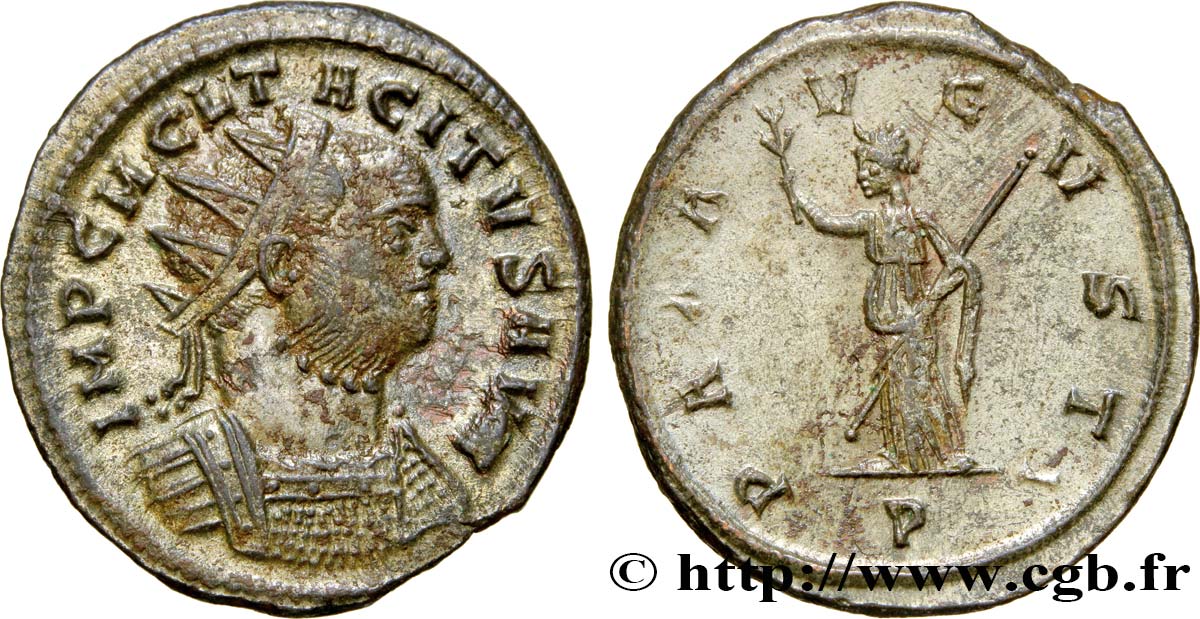
 Report a mistake
Report a mistake Print the page
Print the page Share my selection
Share my selection Ask a question
Ask a question Consign / sell
Consign / sell
 Full data
Full data